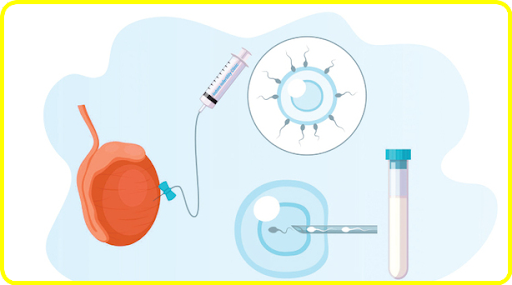Battling PTSD? Here’s What You Can Do To Overcome It
Most people suffer trauma at least once during their lifetime. Post-traumati++c stress disorder is a mental illness that persists for a long time after a traumatic incident due to traumatic experiences.
After going through a horrific event that leaves them feeling terrified, stunned, and helpless, a person may experience post-traumatic stress disorder (PTSD). Long-term effects include anxiety, difficulty sleeping, and flashbacks could occur. Accidents, wars, crimes, fires, losing a loved one, and even physical or mental abuse can result in PTSD. Thoughts and recollections might still cause suffering even after the threat has subsided.
PTSD may cause years of life disruption, but with the right care, recovery is achievable. This blog explores the numerous therapeutic modalities and the effectiveness of CBD for insomnia and other symptoms of post traumatic stress disorder like anxiety, panic attacks, and depression.
How to overcome PTSD?
Although it’s common for people to bounce back from obstacles and even some terrible experiences, PTSD is a serious mental disorder that you must tread carefully, and seeking treatment can make all the difference. Traditional PTSD treatments frequently include both medication and counselling. Antidepressants are medications that can help control symptoms of anxiety and depression. Doctors may also suggest medications to improve sleep quality and minimise nightmares. One of the additional treatments is psychotherapy, also referred to as talking therapy. Additionally, cognitive-behavioural treatment might be advantageous for people living with PTSD.
Additionally, there is evidence that EMDR, which corrects the dysregulation of the learning process of traumatic memories, is effective in treating PTSD and other trauma-related disorders. To overcome PTSD, one can join support groups, take up modest exercises to reduce stress, and set realistic goals.
Relaxation techniques for PTSD
The stress response is significantly influenced by breathing, a problem that many face. Simple deep breathing techniques can help you breathe better and reduce anxiety. People eventually lose the ability to breathe this way and start breathing with their chest and shoulders. Breathing becomes shallow and quick as a result, which can make anxiety and stress worse. Fortunately, you can learn to breathe deeply from your diaphragm again and give yourself some stress defence.
Similarly, practising relaxation techniques can be a useful coping strategy for PTSD, and a means to lessen tension and anxiety. The goal of progressive muscle relaxation is to alternately tense and relax various muscle groups all over the body. You can achieve complete muscular relaxation by first tensing your muscles to the very maximum. Furthermore, by tensing your muscles (a typical anxiety sensation) and then quickly relaxing them, the symptom of muscle tension may eventually turn into a signal to relax.
Meditation for PTSD
Meditation practices are effective PTSD coping mechanisms. Although mindfulness has been practised for thousands of years, mental health specialists have recently begun to acknowledge its potential benefits for those suffering from anxiety, depression, and other mental health issues. A popular meditation method for PTSD and other mental health issues is mindfulness.
Being mindful means paying attention to and being present at the moment. It can assist you in disengaging from your thoughts and connecting with the here and now.
Remember that this kind of self-reflection can occasionally bring up challenging feelings or thoughts, especially if you have a history of trauma. According to certain studies, some persons who practise mindfulness may also feel severe distress, such as heightened anxiety symptoms, dissociation, and emotional numbing. You can improve your meditation skills and treat PTSD by using CBD. Availability should not be an issue as you can easily buy CBD online.
Self-care techniques
It’s critical to have coping mechanisms in place when you feel anxious. Finding social support might be a great way to lift your spirits. However, the anxiety brought on by PTSD symptoms can occasionally come on suddenly, and it’s not always easy to find social support. The importance of developing independent coping mechanisms cannot be overstated. These coping mechanisms, often called self-soothing or self-care, concentrate on enhancing your mood and lowering worry.
Several of these include taking up a hobby, aromatherapy, relaxing music, utilising weighted blankets, CBD oil, etc. For symptoms such as insomnia, anxiety, and others, you can also take supplements like CBD. Using oils like CBD for insomnia proves to be highly effective, and can even help you recover faster. If you are on prescription drugs, always consult your psychiatrist before incorporating CBD into your routine.
Conclusion
Trauma can exacerbate anxiety and other symptoms, but there are a variety of PTSD coping mechanisms that might help. You can try tactics like a distraction, deep breathing, mindfulness, and behaviour activation, to name just a few. Consult a medical or mental health expert if these methods fail to provide adequate relief for your symptoms. You can process your experiences and learn new coping mechanisms with PTSD treatments. In addition to these, CBD is bound to make life easier for you if you suffer from PTSD. Still wondering where to buy CBD oil? You can easily find CBD online in various forms.







